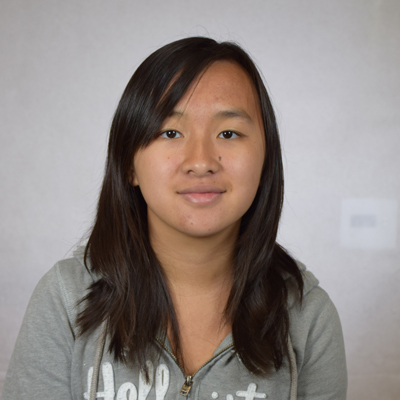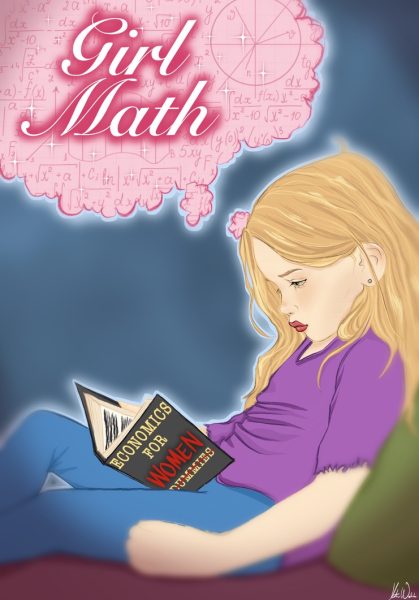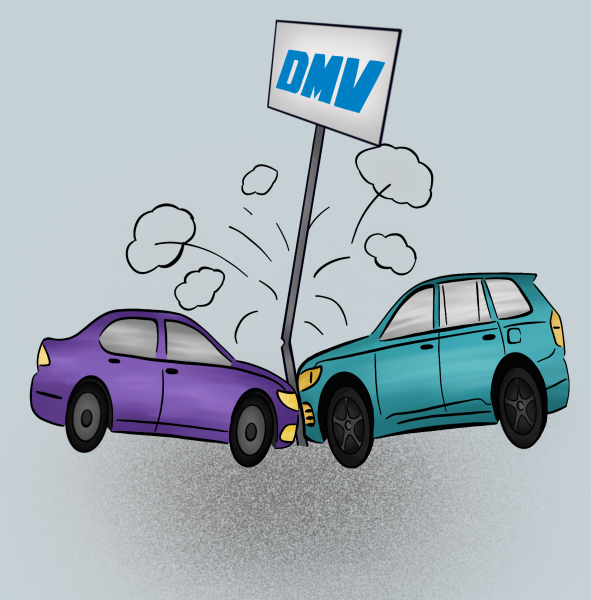Cherish Voting Privilege
November 2, 2016
Ah, 2016. The year of the craziest presidential elections I’ve ever seen. Full disclosure: It’s the only one to which I’ve actually paid a decent amount of attention.
Politics have never interested me in the past, and I’m sure there’s a good chunk of the student body here, as well as across America, that can relate. According to an analysis of presidential elections by Thom File, only 38% of all 18-24 year-olds voted in 2012, a rate lower than all the other age groups’ rates. In fact, File’s findings show that since 1984, the 18-24 age group has always voted at a lower rate than all other age groups.
I can understand the initial aversion to voting. It means having to dig around a candidate’s policies and Google what the heck all that political jargon means. It means watching the hours of debate to see if the candidate agrees with your views. It means potentially arguing with friends, family, and others over why you won’t vote for the other candidates. Basically, it involves effort and, possibly, stress. And the easy solution is to let someone else care.
No one can deny that this year’s election has garnered a lot more attention. Back when Bernie Sanders and Marco Rubio were still potential party nominees, social media was constantly poking fun at the Democratic and Republican debates. I remember coming across a clip of the moment Ben Carson had asked someone to please “attack” him, which I found hilarious. Surprisingly, it had also made me interested in the debates, despite my usual dislike for politics. I wasn’t the only one apparently; according to an article by Brian Stelter, a record 84 million people tuned in to watch Donald Trump’s and Hillary Clinton’s first debate from their own homes. This statistic doesn’t account for the additional people watching at parties, bars, or offices.
It’s an impressive number, but it doesn’t tell how many of those were youths like me. Everywhere on the Internet, I see peers reblogging posts detailing and comparing candidates’ campaign platforms or sharing videos explaining the importance of voting. I see high schoolers analyzing past elections online. A friend even explained to me in a text why they were voting for an independent candidate. It shows how this generation has become involved in the election process, educating themselves and others so that they can choose their candidate wisely.
I’m not yet old enough to vote, but if I was, I know that I would cherish the important power I would have. It’s something that shouldn’t be taken for granted, and I think a lot of young voters have realized that, even if it means a little extra research. We shouldn’t be cynical about politics. We shouldn’t assume that caring about politics will corrupt us, and we shouldn’t label those who have strong political concerns as “uncool.”



